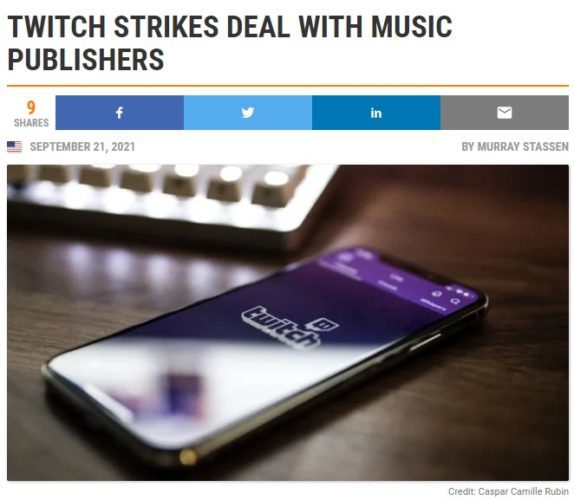Media
TWITCH STRIKES DEAL WITH MUSIC PUBLISHERS | MBW

The National Music Publishers’ Association (NMPA) and Amazon-owned livestreaming platform Twitch have announced an agreement, which, in a statement they explain will see them “work together to build productive partnerships between the service and music publishers”.
According to the NMPA, Twitch will provide “new opportunities” to music publishers, who will be offered an opt-in deal, which it adds will allow for future collaborations “to bring new facets to both the gaming experience and songwriter exposure”.
The NMPA adds in a statement that “these collaborations will create an even more dynamic and expansive environment for people to discover, watch, and interact with songwriters”.
Additionally, Twitch has created a new process that participating music rights holders can opt into to report certain uses of their music, to address when creators inadvertently or incidentally use music in their streams.
According to a media statement, the deal announced today”paves the way for the economics of new gaming models to increase visibility and revenue for songwriters”.
It adds: “From virtual shows to studio sessions, the partnerships stemming from this agreement will connect the Twitch community in many ways to the music they enjoy."
NMPA President & CEO David Israelite said: “Both NMPA and Twitch are creator-focused and our respective communities will greatly benefit from this agreement, which respects the rights of songwriters and paves the way for future relationships between our publisher members, songwriters and the service.
“Through our discussions, Twitch has shown a commitment to valuing musicians and to creating new ways to connect them with fans in this burgeoning and exciting space.”
Twitch Head of Music Tracy Chan added: “We are pleased to reach this agreement with the NMPA and excited about our shared commitment to empowering songwriters and other creators to share their work and passions while connecting with audiences.
“That’s what Twitch is all about, and we know that great music starts with a great song. We look forward to innovative collaborations that further unlock the incredible potential of our service and our community for music publishers and their songwriter partners.”
The news of the deal between the NMPA and Twitch comes two months Twitch said it was ‘disappointed’ with the music publishing industry after being hit with 1,000 copyright infringement claims.
The company told its users in an email that these new DMCA takedown notifications included “about 1,000 individual claims” over the use of copyrighted music played in the background of recorded VODs (on-demand videos).
This round of DMCA take down requests in June followed the news from October 2020 that “thousands” of videos had been deleted by Twitch over infringement notices.
The platform is legally required to comply with Digital Millennium Copyright Act (DMCA) take down requests served by rights-holders (for example a record label) or by an entity on behalf of a rightsholder, such as the RIAA in order to be protected under US safe harbor laws, and not be held liable for infringing user generated content on its platform.
The mass deletion in October 2020 came after the news in last year that a number of prominent Twitch users had received copyright infringement notices from the platform for music used in clips posted on their channels over the prior year, with the company threatening to terminate the accounts of “repeat infringers.”
In July 2020, Amazon boss Jeff Bezos told the House Judiciary Committee at an anti-trust hearing that he didn’t know whether Twitch had licensed its music or not.
In November, Twitch apologized for the copyright issues occurring on its platform, writing in a bog post at the time that “over the last several months, we have done our best to manage this situation on behalf of both rights holders and creators”.
It added: “One of the mistakes we made was not building adequate tools to allow creators to manage their own VOD and Clip libraries.”
In March, the site added tools to make it easier for users to manage takedown requests and delete clips to avoid strikes against their channels.
Read on Music Business Worldwide
